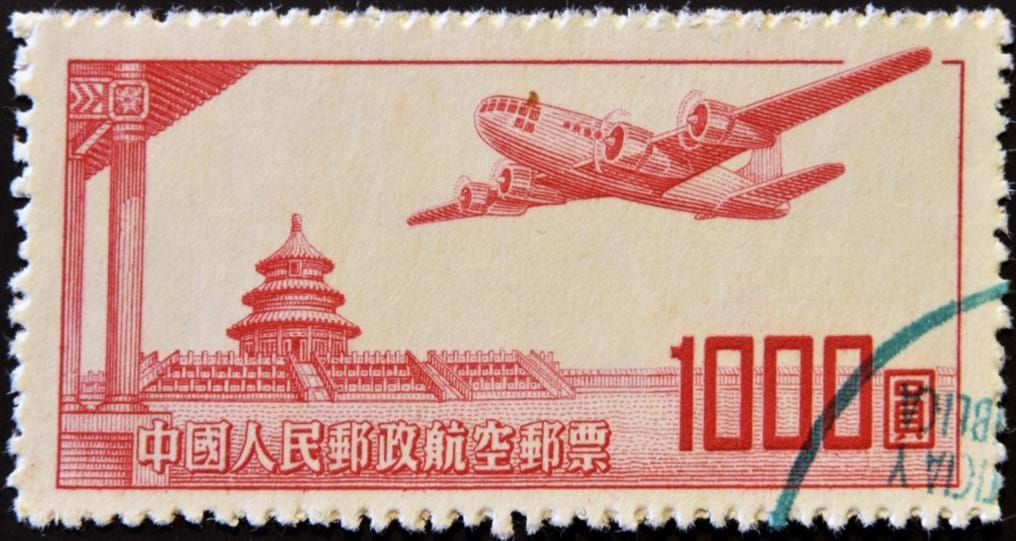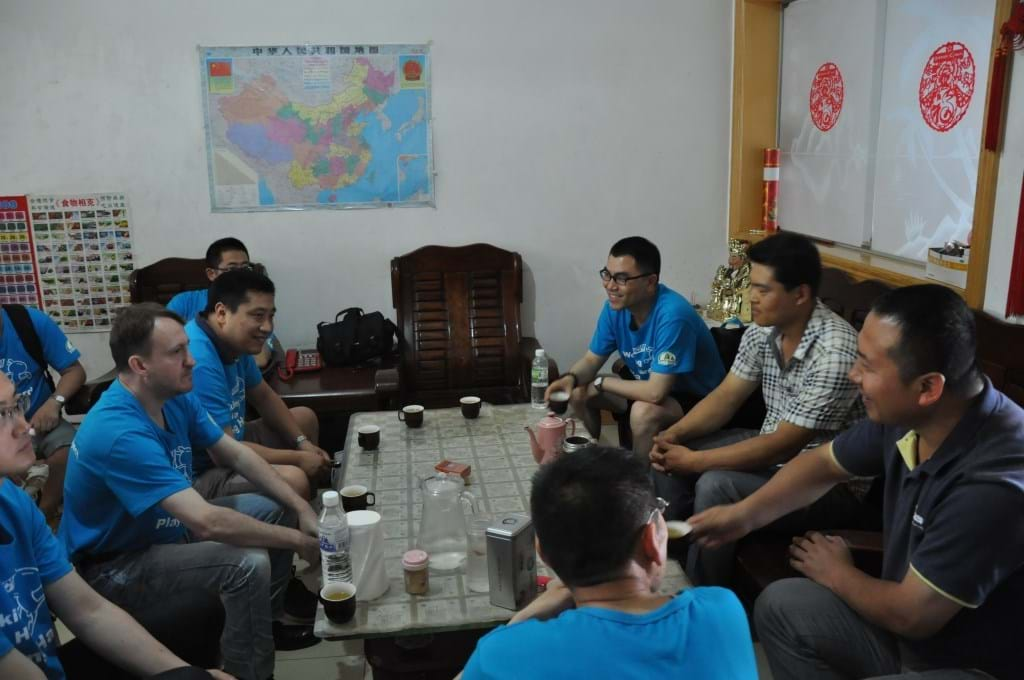A postcard from China (Day 50)

16th July 2014

Life is full of little milestones and today marks 50 days since I took the office of IChemE president. Thank you to everyone for your generous messages of support so far.
Today's blog reflects the truly global nature of the chemical engineering profession. There's around 200 countries in the world and you'll find IChemE members in around 60 per cent of them (120) - very impressive.
Last week I received an email from a member living and working in China - Kenny McDonald, a formulation technology and commissioning manager, for BASF Crop Protection (Jiangsu).
Kenny was keen to share his passion for China and give some insight into a country which probably has more 'chemical engineers' than anywhere else in the world.

His story may be familiar to many of you working away from home. He was given an opportunity to work in Shanghai on a 12 month contract in August 2010. Having already caught the 'Asian bug' as a traveller as early as 1994, his 'bug' escalated to becoming a Chinese resident on completion of his assignment.
Kenny managed to find a new role in China within a couple of months, and moved to Kunshan, Jiangsu, in October 2011. He started his current role in Rudong County, Nantong, Jiangsu, in April this year.
I think for anyone working away from home there will always be personal, cultural and professional challenges.
The cultural challenge, especially in China, could be the hardest and Kenny puts them into four categories: 'Language, food, face and mindset'. He says: "Language and food are self-explanatory. For face, if you ask a closed question, you may tend to get the same reply of 'yes'.
"So, after being let down on some deadlines, I began to say: 'Rather than can you do x by y time?', I trained myself to say: 'Is there any reason you cannot do x by y time?'. Mindset is related to the risk assessment I've just described."
Professionally, Kenny observes that standards can be more variable in China. He says: "Within my industry, there are over 10,000 organisations with ICAMA licenses in China. I have personally visited perhaps 80 (<1%) of these.
"Some will literally run enamel reactors until they fail, then replace them; sites are littered with 'reactor graveyards'. There is little consideration that personnel could be in the vicinity at the time of the failure. On the other hand, at the top end, the standards are the same as the west."
Kenny is also eager to change perceptions about China, especially in relation to climate change. He says: "Travelling through China, I have visited 25 of the 34 provinces/administrative divisions. Generally, I see evidence of strong competence in fields such as solar energy and energy from waste."
Recent reports of a clean energy collaboration between the US and China would seem to support this view.
For those of you who may be interested in working in China, we asked Kenny how China was using foreign chemical engineering talent. His reply: "In my view, China is always looking to fill experience gaps such as plant commissioning. Design capabilities are particularly high, for example.
"However, there are 'blind spots' in areas such as risk assessment. Personally, I think there is a general mindset across the whole of Asia, not just China, that something cannot happen in the future because it hasn't happened in the past.
"For those of us who followed the Fukushima aftermath, that's a dangerous attitude to take."
Overall, Kenny feels that he, and others, can carve out fantastic careers and lifestyles in countries like China. His advice is to act professionally and respect the culture.
He also says: "Almost all of my friends, relatives, and colleagues leave China with far more positive impressions versus their expectations. It may not be perfect, but it is a fascinating place to live and work in, and I am very fortunate to be able to do this in such a country."
Thank you to Kenny for his insight. It's also good to note that IChemE has a presence in China where it accredits Tianjin University.
*************************************************************************************************
Are you a chemical engineer living and working in a foreign country with a great story to tell? Contact me and share your experiences.